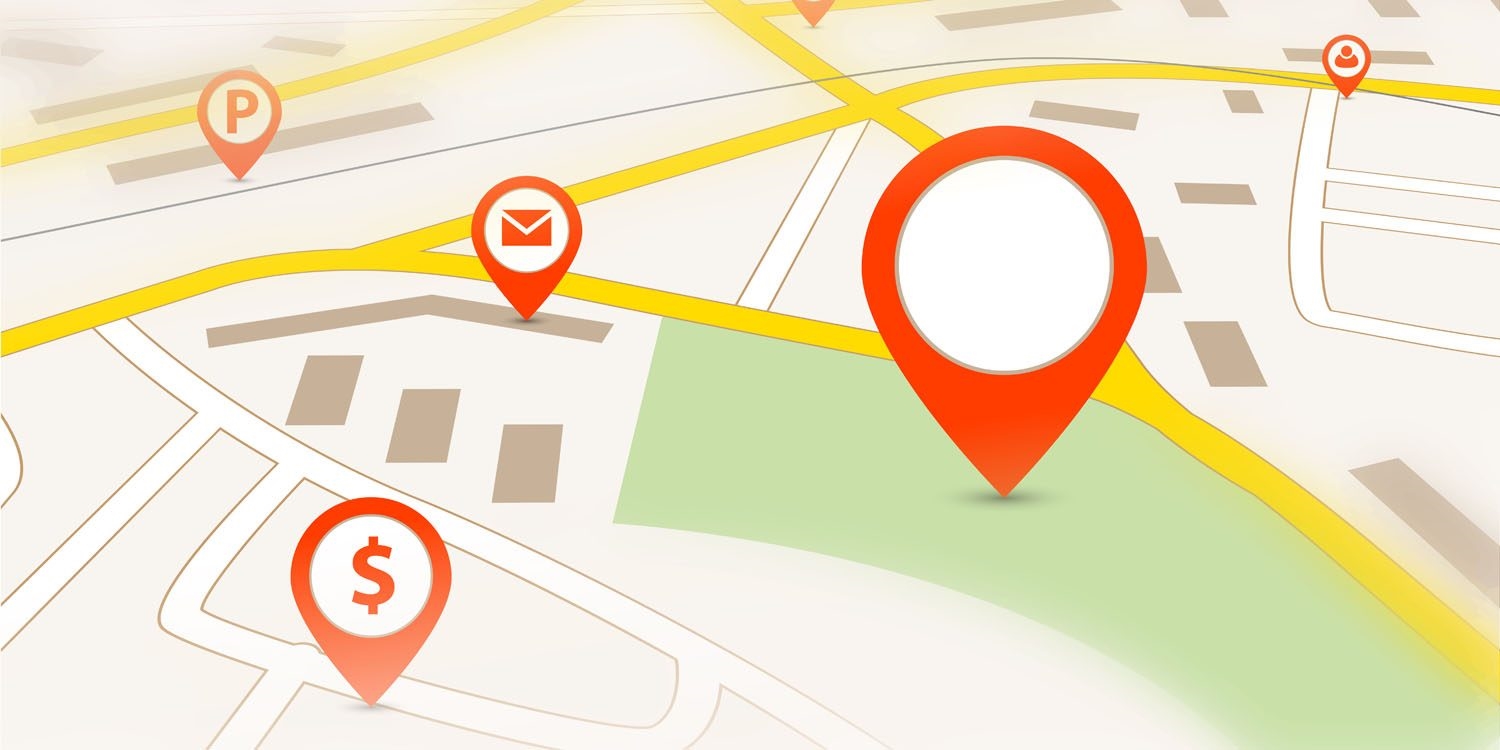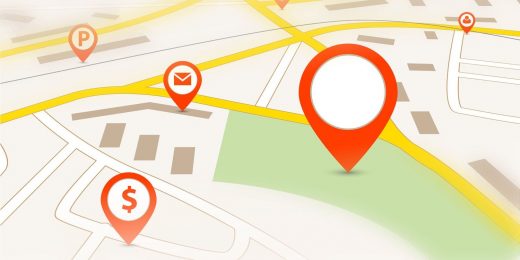Police Asking Google For Mobile Location Device Data To Help Solve Crimes
Police Asking Google For Mobile Location Device Data To Help Solve Crimes
Police detectives typically need to jump through hoops to get a search warrant, but police in Raleigh, North Carolina are using new legal means to collect location data from devices that come close to crime scenes in an effort to find criminals.
Police historically have confiscated computers and devices to analyze files and search history, but sophisticated machine learning and location-based technologies to improve search results and ad targeting often used by online advertisers now offer new tools to law enforcement that apparently puts a twist on investigative work.

The Raleigh news agency WRAL cites court records that show local police using search warrants to request crime scene location data from Google in at least four investigations during the past year. These investigations involved murder, sexual battery, and possible arson.
The police collected not only data from the suspects’ devices, but data from anyone who came too close to the crime scene.
Authorities say the data allows them to use satellite images to draw shapes around crime scenes and mark coordinates on maps. In one warrant, the police asked Google to hand over the data encompassing a specific time period. They asked for data from any Google accounts that came within a defined area, which in this case covered 150 meters of the GPS coordinates.
An arrest has been made in one of the four cases.
The report from WRAL outlines several scenarios in which the local police requested location data. In this case, which occurred in March 2017, detectives requested a search warrant for any Google accounts appearing near the scene where police found Adrian Pugh after he had been shot and killed.
Wake County District Attorney Lorrin Freeman told WRAL that investigators only receive data from Google containing anonymized account numbers without any content.
Even so, privacy advocates and defense attorneys aren’t sure they agree with this practice, which seems to feed off online advertising and technology used in services like Google Maps, Search and Yelp, which arguably becomes more helpful with the addition of accurate location data.
This is not the first time that police have attempted to use data from electronic devices in a way similar to what advertisers do.
(47)













